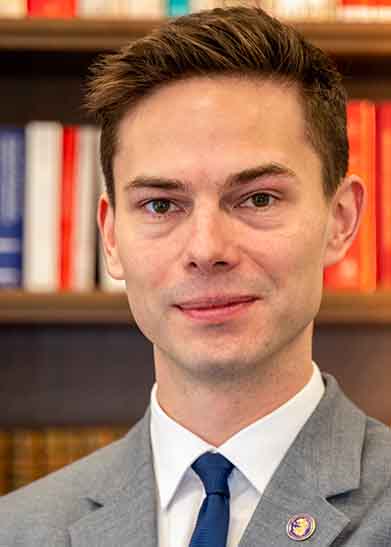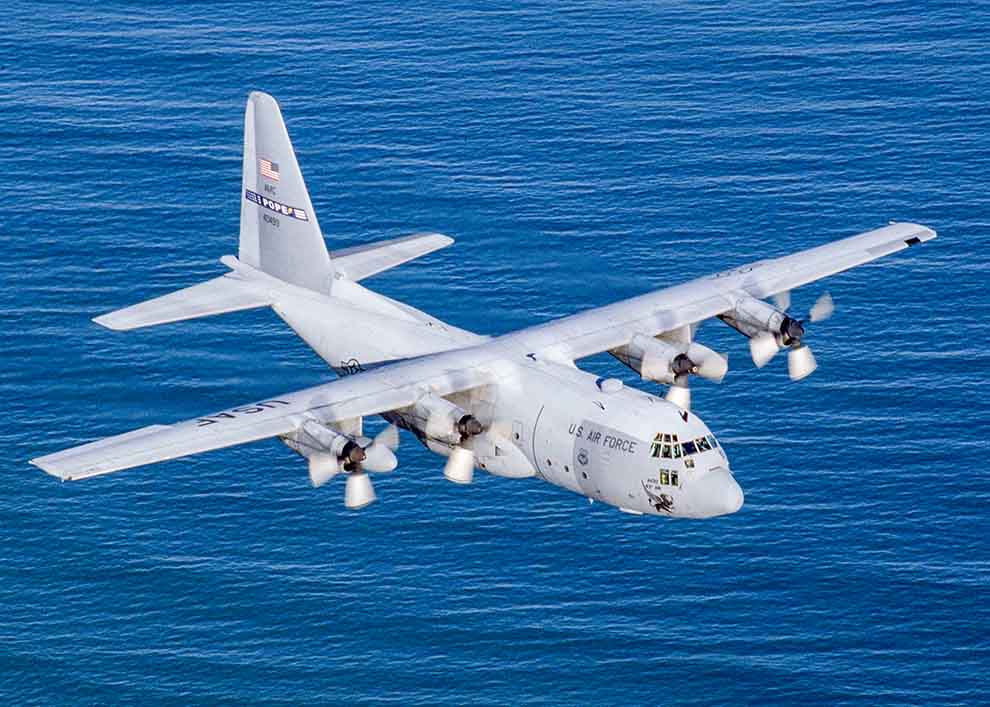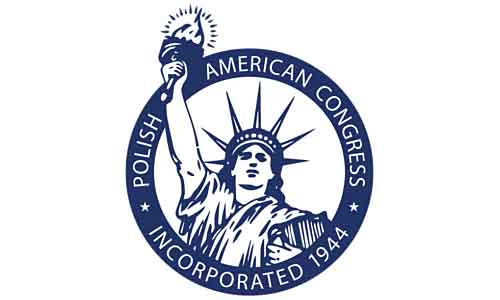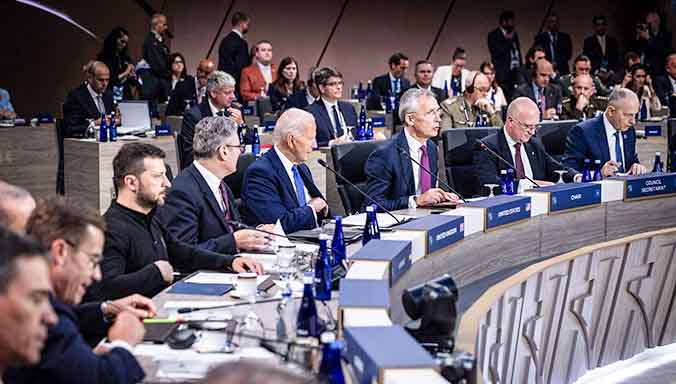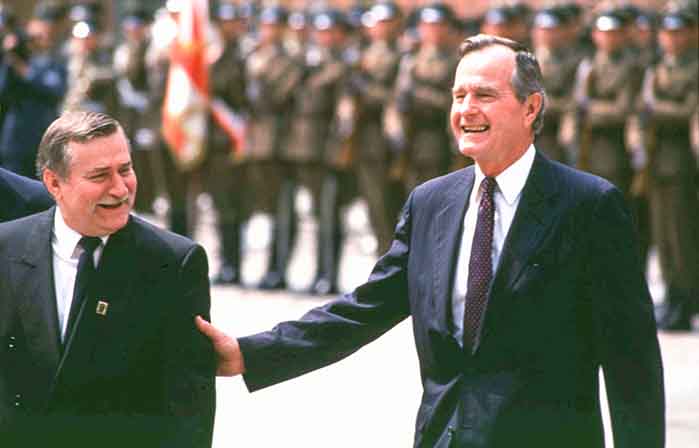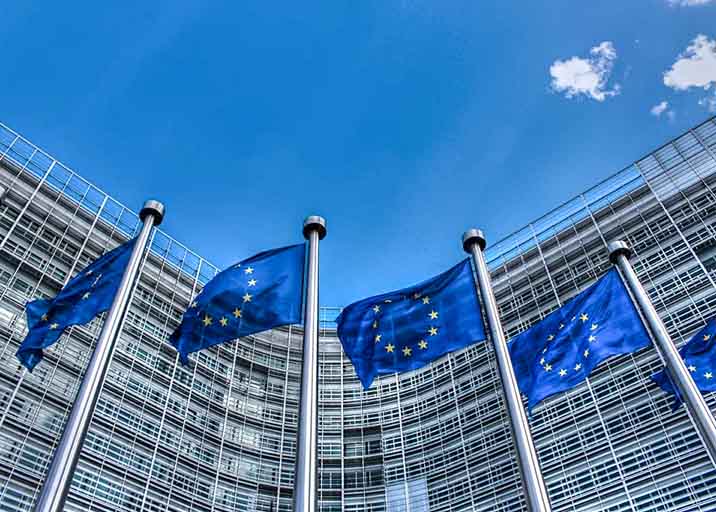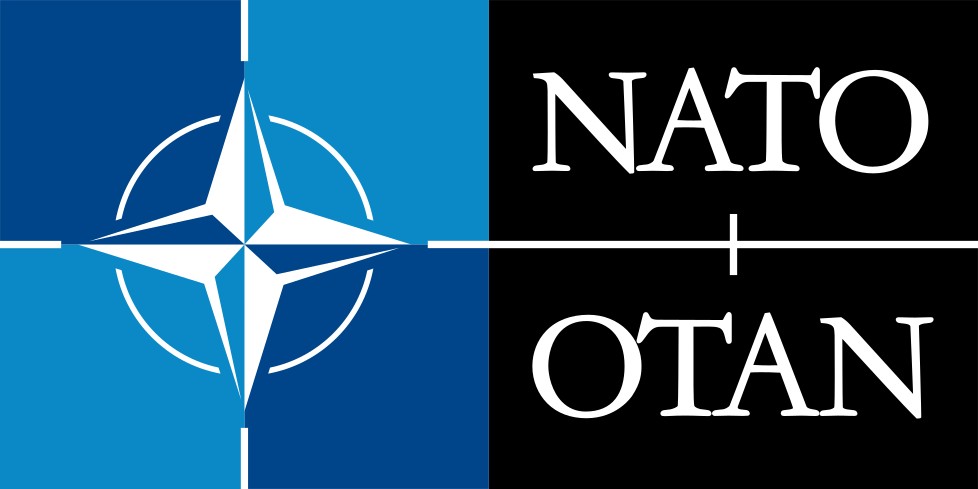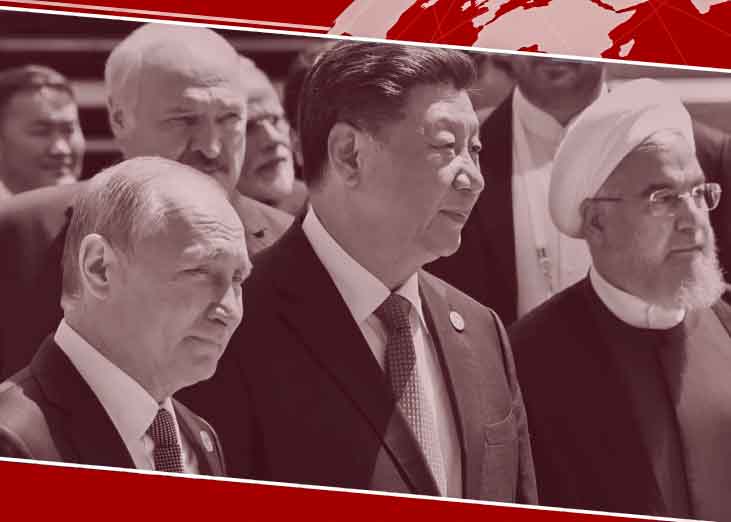This event marked a significant step towards the countries (re)integration to Western structures. It also holds profound significance, both in terms of geopolitics and national identity, and continues to shape Poland’s role in global affairs, especially in the context of the ongoing war in Ukraine.
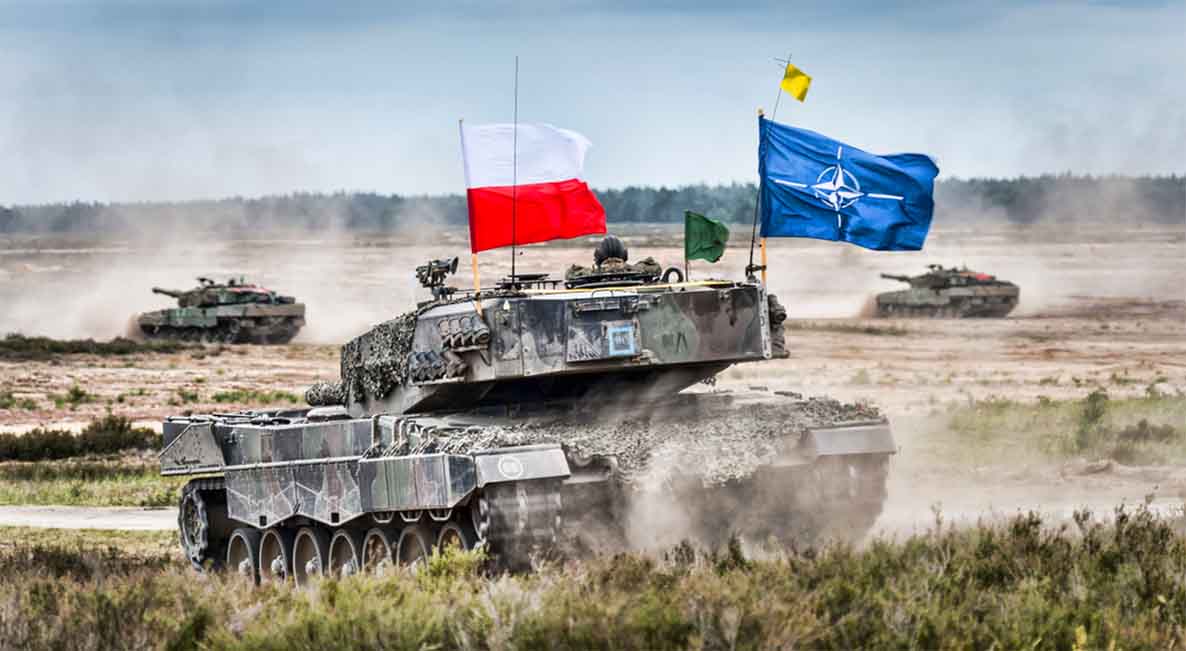
Polish tank with Polish and NATO flags (Source: BritishPoles.uk/NATO)
The entry of Poland into NATO was a lengthy political process continued by successive governments.
The day when FM Geremek handed the Act of Accession to his US counterpart, Secretary of State Madeleine Albright, is celebrated as the day when Poland joined NATO.
— Ministry of Foreign Affairs (Poland), March 12, 2024 (X/Twitter)
The accession of Poland to NATO represented a strategic shift in the geopolitical landscape of Central and Eastern Europe. Following the collapse of the Soviet Union and the subsequent dissolution of the Warsaw Pact, the region underwent a profound transformation marked by newfound independence and a desire for integration with Western institutions. For Poland, joining NATO symbolised a break from half à century under Moscow’s dominance.
It is necessary to raise the level of defense spending from 2 to 3% of GDP by all members of the Alliance
– President Andrzej Duda, March 11, 2024 (X/Twitter)
In an address released ahead of the 25th anniversary of Poland’s NATO membership, President Andrzej Duda underscored the nation’s current safety and highlighted NATO as a symbol of national unity. Reflecting on the historic significance of Poland’s NATO accession, President Duda recalled the transformative moment when Poland, along with the Czech Republic and Hungary, officially joined the Alliance in 1999, marking the end of the Cold War era. He acknowledged the extensive efforts made by Polish politicians, diplomats, military personnel, and the diaspora, particularly in the United States, to realize this aspiration.
Emphasising that Poland’s NATO accession was non-partisan, President Duda praised it as one of the nation’s greatest achievements, ensuring current homeland security and serving as a testament to national unity. He highlighted the crucial support from the United States, irrespective of political affiliations, during the accession process, noting the continuity of strategic Polish-American cooperation.
In 1999, Poland joined NATO, becoming an active and engaged ally from day one.Together we are safer, together we are stronger!
— British Poles (@britishpoles), March 12, 2024 (X/Twitter)
On the occasion of the milestone, the Polish Head of state and his PM Donald Tusk met President Joe Biden in the White House to discuss the current situation on the eastern flank of the Transatlantic Alliance.



